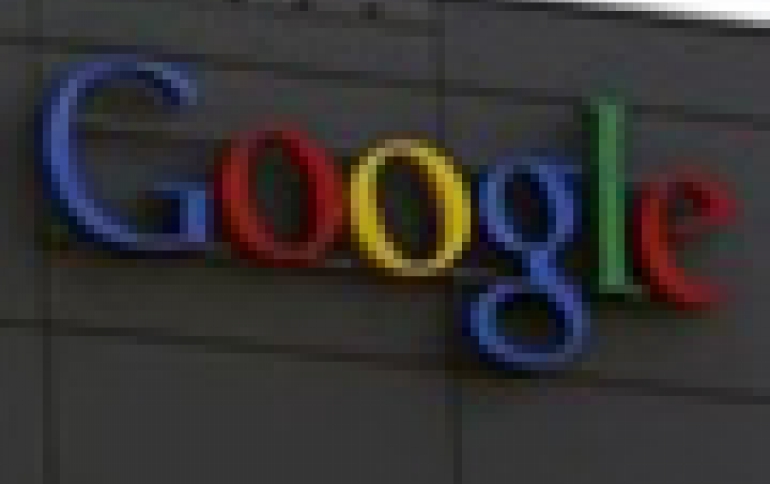
European Commission Launches Google Investigation
The European Commission has decided to open an antitrust investigation into allegations that Google Inc. has abused a dominant position in online search, in violation of European Union rules.
The opening of formal proceedings follows complaints by search service providers about unfavourable treatment of their services in Google's unpaid and sponsored search results coupled with an alleged preferential placement of Google's own services. This initiation of proceedings does not imply that the Commission has proof of any infringements. It only signifies that the Commission will conduct an in-depth investigation of the case as a matter of priority.
Google's internet search engine provides for two types of results when people are searching for information. These are unpaid search results, which are sometimes also referred to as "natural", "organic" or "algorithmic" search results, and third party advertisements shown at the top and at the right hand side of Google's search results page (so-called paid search results or sponsored links).
The Commission will investigate whether Google has abused a dominant market position in online search by allegedly lowering the ranking of unpaid search results of competing services which are specialised in providing users with specific online content such as price comparisons (so-called vertical search services) and by according preferential placement to the results of its own vertical search services in order to shut out competing services. The Commission will also look into allegations that Google lowered the 'Quality Score' for sponsored links of competing vertical search services. The Quality Score is one of the factors that determine the price paid to Google by advertisers.
The Commission's probe will additionally focus on allegations that Google imposes exclusivity obligations on advertising partners, preventing them from placing certain types of competing ads on their web sites, as well as on computer and software vendors, with the aim of shutting out competing search tools. Finally, it will investigate suspected restrictions on the portability of online advertising campaign data to competing online advertising platforms2.
The Commission has informed Google about this decision. Google said it would cooperate with the regulator.
Google's internet search engine provides for two types of results when people are searching for information. These are unpaid search results, which are sometimes also referred to as "natural", "organic" or "algorithmic" search results, and third party advertisements shown at the top and at the right hand side of Google's search results page (so-called paid search results or sponsored links).
The Commission will investigate whether Google has abused a dominant market position in online search by allegedly lowering the ranking of unpaid search results of competing services which are specialised in providing users with specific online content such as price comparisons (so-called vertical search services) and by according preferential placement to the results of its own vertical search services in order to shut out competing services. The Commission will also look into allegations that Google lowered the 'Quality Score' for sponsored links of competing vertical search services. The Quality Score is one of the factors that determine the price paid to Google by advertisers.
The Commission's probe will additionally focus on allegations that Google imposes exclusivity obligations on advertising partners, preventing them from placing certain types of competing ads on their web sites, as well as on computer and software vendors, with the aim of shutting out competing search tools. Finally, it will investigate suspected restrictions on the portability of online advertising campaign data to competing online advertising platforms2.
The Commission has informed Google about this decision. Google said it would cooperate with the regulator.




















